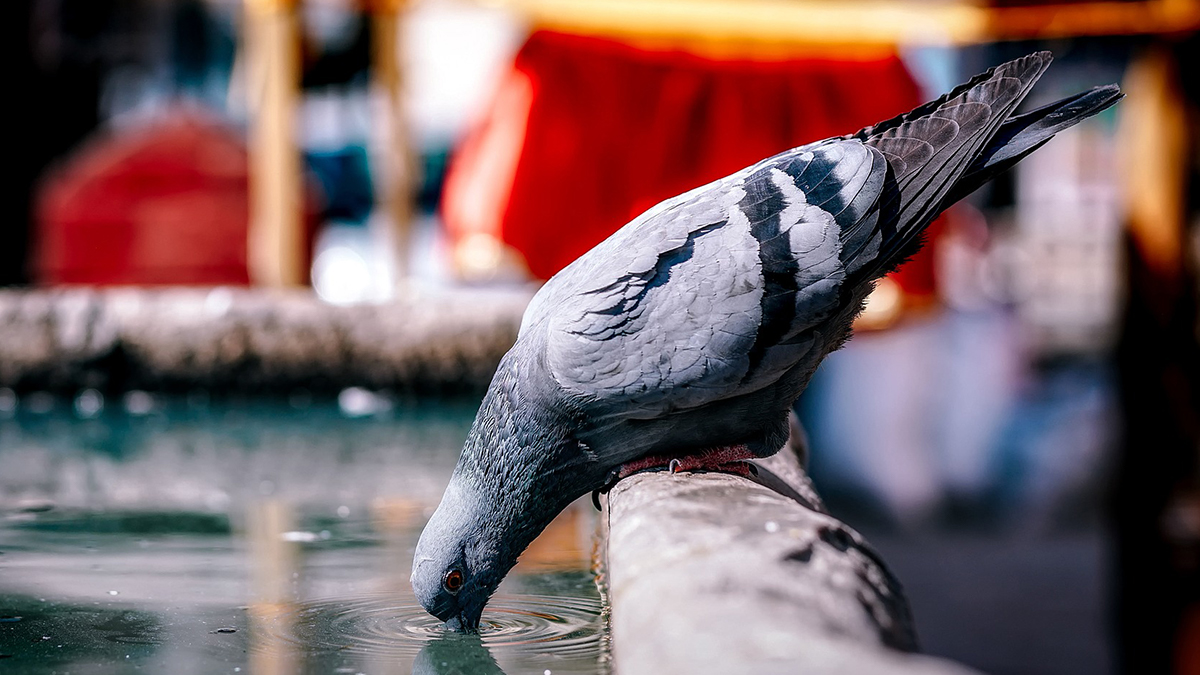
Almost half of all feral pigeons could be carrying infectious diseases the BPCA has warned. What's more, these are diseases that can easily be passed to humans.
Pigeons come into close contact with humans, nesting in and around our homes and businesses. These birds can cause nuisance and public health concerns. Most feral pigeons are infected with Chlamydia psittaci and the human infection is called ornithoses and symptoms include fevers, chills, weakness, headache, blurred vision, pneumonia and even death.
Dry droppings become airborne and lead to respiratory problems. They are also slippery and pose a serious risk on pavements. The risk of secondary infections are a real concern.
Removing food sources or blocking nesting sites can help prevent a problem. The number of birds attracted to an area will depend on what food is available. Therefore, if birds are being fed, more will be attracted to that area, so food sources must be kept to a minimum. Keep bin lids closed and cover compost bins. Proofing and control are the preferred options as opposed to lethal bird control measures.
All wild birds, their eggs and their nests are protected by law, so we strongly recommend that you don’t try to control or manage birds yourself.

Call 08455 192 486 today to arrange a no obligation survey of your bird or pest control infestation.